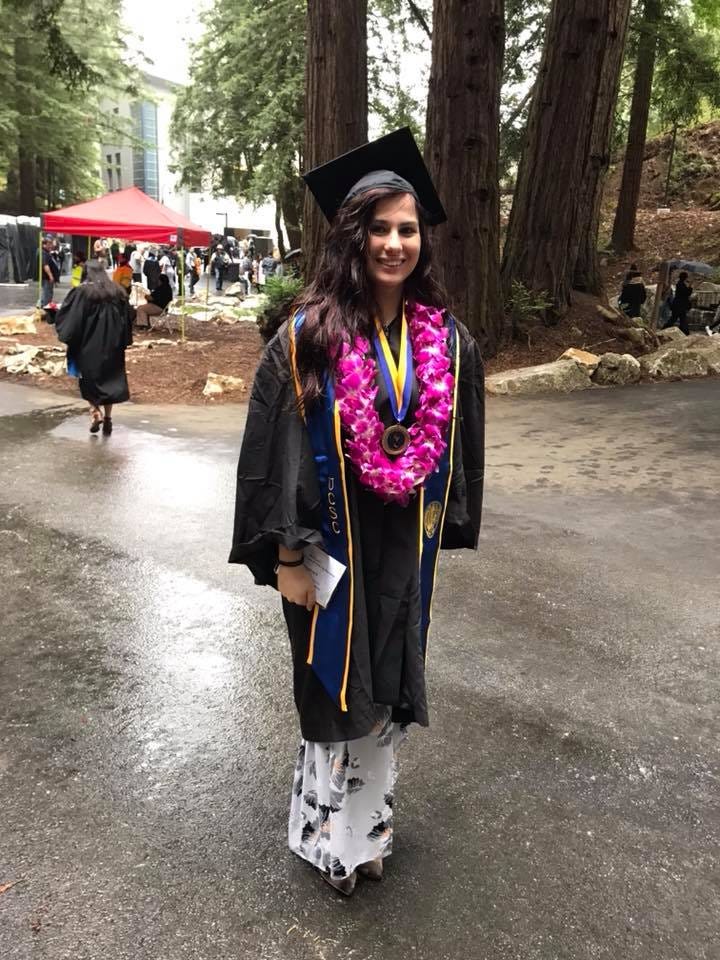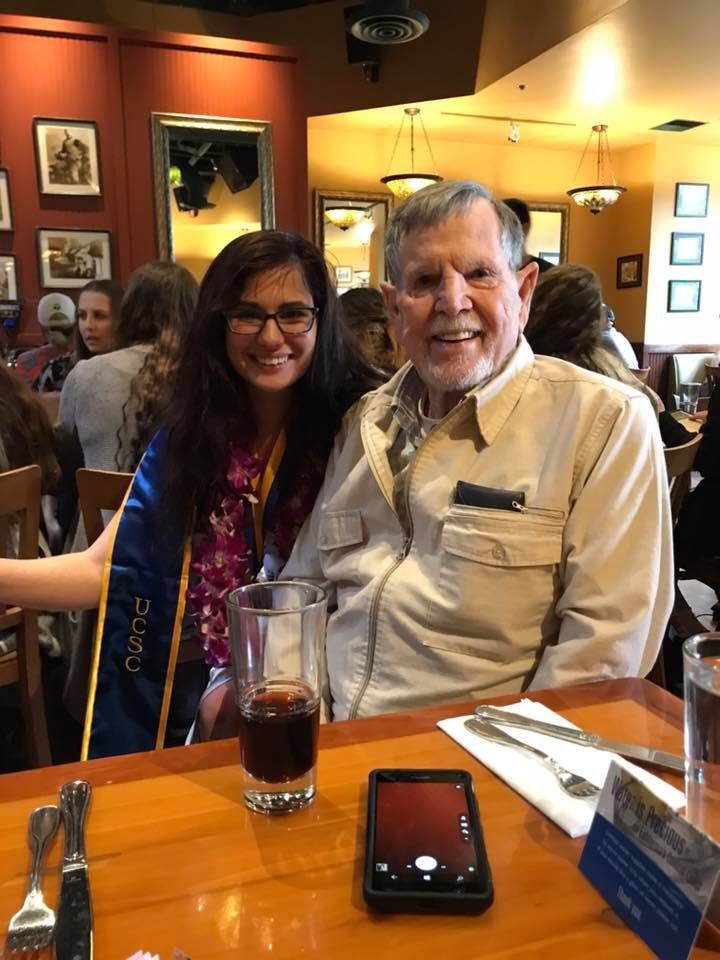I only met her once, when she was a young girl. Chelsea was my newly reunited half-sister’s daughter, and I’d taken my ten-year-old twins to Paso Robles, California, to meet the dad I never knew and the five half-siblings I looked so much like.
Chelsea was only around five or six, I recall, her hair a little unkempt, her smile genuine. She clung to her younger brother as we all awkwardly said hello to perfect strangers who were also our family.
I didn’t think much more about her until her mom’s untimely death from an esophageal bleed due to alcoholism. Chelsea must have been a teen by then. My younger half-sister’s death gut-punched us all, but for Chelsea, who discovered her mother’s body, the impact was life-changing.
And, tragically, those changes took her too soon.
We all cheered when Chelsea became the first on my dad’s side to finish college. She got married. She’d go far, we thought. She’d show the world what true grit looks like.
I still didn’t think often about Chelsea until a few years ago, when from across the country in Pennsylvania she began phoning me. By then I knew that substance use disorder was rampant in that part of my family too. Even Chelsea’s younger bro had succumbed along with my two half-brothers and another sister. She vowed to be different.
When we chatted she always wanted to hear about the ways I deal with the same problem. She’d majored in archaeology but was working for a substance use recovery organization. We compared notes and developed a closeness I didn’t think was possible for someone I’d met once a long time ago.
I told her about my ideas of a just love for those afflicted, how the double-strand of values-based boundaries plus positive regard had led to a better relationship with my three sons, who all suffered from addictions. I tried to help her get past her enduring anger at her brother and, I suspect at her mom for having those same problems.
Chelsea seemed so compassionate yet conflicted at what could be seen as abandonment by her mother’s death (there was no dad in the picture) as well as the many others in the family who turned to drugs and alcohol for solace. In her late twenties, Chelsea admitted to her own mental illness—ironic that she’d try to help others with the same life trajectories.
But I wasn’t prepared for her next move.
As some may be aware, it’s Suicide Prevention month. While Chelsea’s mom’s early death wasn’t a suicide, it may have set the stage for her daughter. After that half-sister’s death, another even younger half-sister was found dead from a combination of alcohol and pills she’d been prescribed after surgery. My father’s side of the fam reeled from these two untimely deaths, but Chelsea took them the hardest.
She called to chat and we spent more than an hour discussing her future plans, her job, her dreams. We touched on addiction and mental illness and how they often go hand in hand—comorbidity. Chelsea seemed to finally understand that as author Maia Szalavitz writes, “Addiction isn’t about seeking extra pleasure; it’s about killing excess emotional pain.”
Chelsea claimed her emotional pain was under control—she didn’t touch drugs nor alcohol and was working on her mental health. She had a degree, she had a life partner and she had her whole life in front of her, to walk away from the chaos of her background and toward those dreams. I’d grown to love this niece I’d only known about recently. We promised to stay tight and keep in touch.
A few days later, my father rang.
On a busy Pennsylvania throughway, she and her new husband argued as he drove. Something snapped in my niece. Chelsea opened the car door, stepped out into the rushing traffic and was hit and killed instantly.
Left behind, we wonder what we might have done to prevent such a senseless end. She was pretty, smart and had worked tirelessly to escape the bad juju of her family. She had everything to live for –at least from our perspective.
I’ve asked myself a thousand times why I didn’t check in with her more often. Why my love for her wasn’t enough. Why the resources to combat suicide aren’t more available. And every single time there aren’t good answers.
Except for one.
That same love and compassion I tried to help Chelsea co-opt for her family and herself is just about all we have. You can talk yourself blue in the face, put folks in jail or tell them they deserve whatever hell they’ve created. But without love, you’re a freakin’ noisy gong. Without compassion, you’re showing people you think you’re better than they are. Without the love and kindness and mercy God talks about so much, you’re not really helping.
I don’t know if I could have made a difference for Chelsea. I was this far-off half-assed auntie she barely knew. But I loved her completely and I think she knew it. Find people to love today. Don’t hold back or purse your lips and say, “well, actions have consequences.” Because someone out there may be ready to step out into freeway traffic. Someone might decide to keep going because you said they are lovable.
Without love, you’re a freakin’ noisy gong.
Every week in church I say her name and light a candle. I do it so I won’t forget and so that you won’t forget. Chelsea is just the latest name of all those who couldn’t hear their worth. Love more and more, for all the Chelsea’s.










I'm so sorry. This loss must have been such a gut-punch for you, in the midst of so many other losses. Yes, love the ones we encounter on our path. Just love them and love them some more. Leave the whys and what-ifs to God to sort out. We are called to love.
Linda, I am amazed by how you have handled so much loss and by the amount of difficulties you have experienced in your life, yet you have maintained so steadfast in your faith. Isn't God wonderful? Most people would crack under the weight of it all, but the Lord grants us the peace to sustain us if we just look to Him.